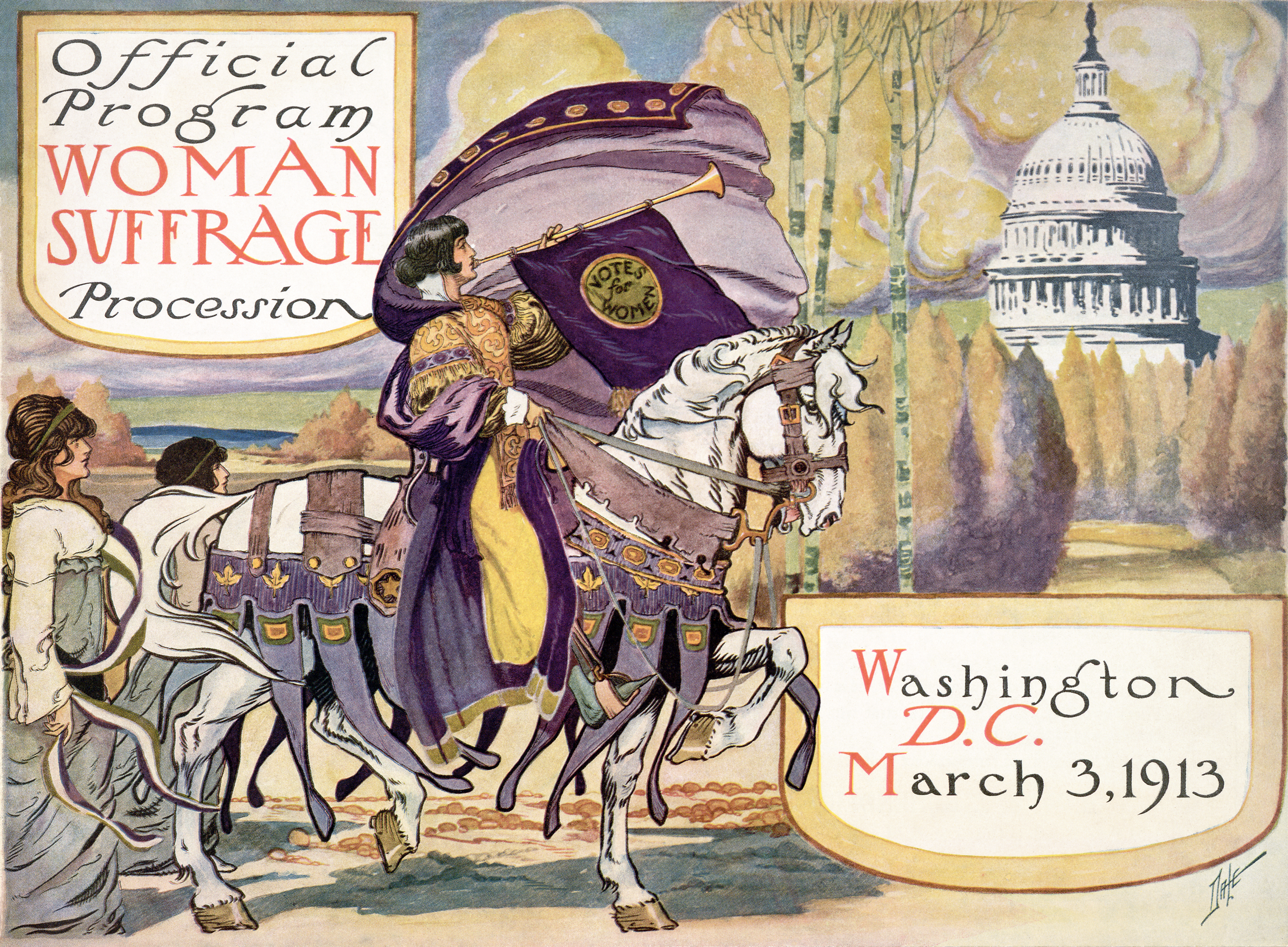Mabel Capper
Mabel Capper (1888–1966) was a prominent British suffragette and activist who played a significant role in the women's suffrage movement in the early 20th century. She was known for her dedication to the cause and her involvement in various protests and demonstrations.
Early Life[edit | edit source]
Mabel Capper was born in Manchester, England, in 1888. She grew up in a family that supported women's rights, which influenced her early interest in the suffrage movement. Capper became actively involved in the movement as a young woman, joining the Women's Social and Political Union (WSPU) in 1907.
Activism[edit | edit source]
Capper was a dedicated member of the WSPU, an organization founded by Emmeline Pankhurst and her daughters, Christabel and Sylvia Pankhurst. The WSPU was known for its militant tactics, and Capper participated in numerous protests, demonstrations, and acts of civil disobedience.
Imprisonment and Hunger Strikes[edit | edit source]
Mabel Capper was arrested multiple times for her involvement in suffragette activities. She was imprisoned in various jails, including Holloway Prison. During her imprisonment, Capper participated in hunger strikes, a common tactic used by suffragettes to protest their incarceration and demand recognition as political prisoners. The government responded with the controversial practice of force-feeding.
The Cat and Mouse Act[edit | edit source]
Capper was also affected by the Prisoners (Temporary Discharge for Ill Health) Act 1913, commonly known as the "Cat and Mouse Act." This act allowed the temporary release of suffragettes who were weakened by hunger strikes, only to re-arrest them once they had recovered. Capper's resilience and determination were evident as she continued her activism despite the harsh treatment she received.
Later Life and Legacy[edit | edit source]
After the Representation of the People Act 1918 granted limited suffrage to women, Capper continued to advocate for women's rights and social justice. She remained active in various social and political causes throughout her life.
Mabel Capper passed away in 1966, leaving behind a legacy of courage and commitment to the fight for women's suffrage. Her contributions to the movement are remembered as part of the broader struggle for gender equality in the United Kingdom.
See Also[edit | edit source]
- Women's suffrage in the United Kingdom
- Emmeline Pankhurst
- Christabel Pankhurst
- Sylvia Pankhurst
- Holloway Prison
- Force-feeding
- Cat and Mouse Act
References[edit | edit source]
External Links[edit | edit source]
| Suffragette Stub Template | |
|---|---|

| |
| This article about a suffragette is a stub. You can help WikiMD by expanding it. | |
| Related topics | Women's suffrage · Feminism · Civil rights |
| See also | List of suffragists and suffragettes · History of women's suffrage in the United States |
| Categories | · |
Search WikiMD
Ad.Tired of being Overweight? Try W8MD's physician weight loss program.
Semaglutide (Ozempic / Wegovy and Tirzepatide (Mounjaro / Zepbound) available.
Advertise on WikiMD
|
WikiMD's Wellness Encyclopedia |
| Let Food Be Thy Medicine Medicine Thy Food - Hippocrates |
Translate this page: - East Asian
中文,
日本,
한국어,
South Asian
हिन्दी,
தமிழ்,
తెలుగు,
Urdu,
ಕನ್ನಡ,
Southeast Asian
Indonesian,
Vietnamese,
Thai,
မြန်မာဘာသာ,
বাংলা
European
español,
Deutsch,
français,
Greek,
português do Brasil,
polski,
română,
русский,
Nederlands,
norsk,
svenska,
suomi,
Italian
Middle Eastern & African
عربى,
Turkish,
Persian,
Hebrew,
Afrikaans,
isiZulu,
Kiswahili,
Other
Bulgarian,
Hungarian,
Czech,
Swedish,
മലയാളം,
मराठी,
ਪੰਜਾਬੀ,
ગુજરાતી,
Portuguese,
Ukrainian
Medical Disclaimer: WikiMD is not a substitute for professional medical advice. The information on WikiMD is provided as an information resource only, may be incorrect, outdated or misleading, and is not to be used or relied on for any diagnostic or treatment purposes. Please consult your health care provider before making any healthcare decisions or for guidance about a specific medical condition. WikiMD expressly disclaims responsibility, and shall have no liability, for any damages, loss, injury, or liability whatsoever suffered as a result of your reliance on the information contained in this site. By visiting this site you agree to the foregoing terms and conditions, which may from time to time be changed or supplemented by WikiMD. If you do not agree to the foregoing terms and conditions, you should not enter or use this site. See full disclaimer.
Credits:Most images are courtesy of Wikimedia commons, and templates Wikipedia, licensed under CC BY SA or similar.
Contributors: Prab R. Tumpati, MD

